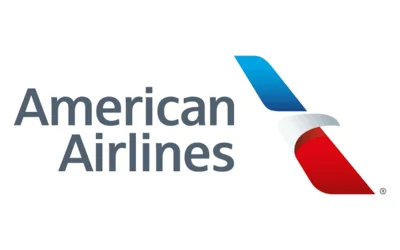Alaska Air Group notes that improvements across multiple areas are necessary to avoid shifting bottlenecks from one part of the system to another. The company calls on the Federal Aviation Administration (FAA) to make substantial investments in upgrading airspace infrastructure.
A key challenge identified is obsolescence: many ATC systems continue operating long after their intended lifespan using legacy hardware and software or even paper-based processes. These older systems were not designed for today’s higher volume of flights and can become overstressed during peak periods.
Workforce shortages also exacerbate these issues. The report highlights that gaps in staffing lead to irregular traffic flows and more frequent delays while controllers contend with high workloads and outdated tools. Alaska argues that without additional trained personnel alongside new technology investments, automation upgrades alone will not be effective at scale.
The report mentions that much of the current ATC network was created before GPS navigation or modern jet aircraft became standard. Physical infrastructure—such as wiring connecting radars—can be decades old; for example, Newark Liberty International Airport only recently replaced some components dating back several decades.
From an airline perspective, Alaska says costs from ATC inefficiency add up quickly through delays, increased fuel usage from holding patterns or detours, and penalties from schedule disruptions. The group asserts that modernization would enable more predictable operations and efficient routing for airlines.
Passengers also experience direct impacts: longer waits at gates, holding patterns before landing, late arrivals, missed connections, and overall uncertainty about travel schedules. As airlines optimize load factors and scheduling more tightly over time, there is less margin for error caused by ATC-driven delays.
Other airlines have raised similar concerns regarding US airspace infrastructure; Delta Air Lines CEO Ed Bastian has noted that flights today can take longer than they did 75 years ago during summer months.
Safety risks associated with outdated equipment have already been seen in incidents such as wiring failures causing “blackouts” for approach controllers at Newark Airport. Additionally, it is believed that both flawed airspace design and an understaffed control tower played roles in a midair collision between an American Eagle CRJ700 regional jet and a US Army Blackhawk helicopter at Washington-National Airport earlier this year.
 Alerts Sign-up
Alerts Sign-up




































